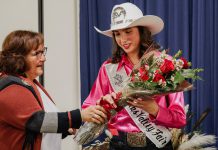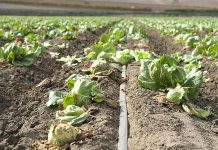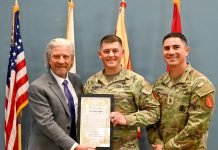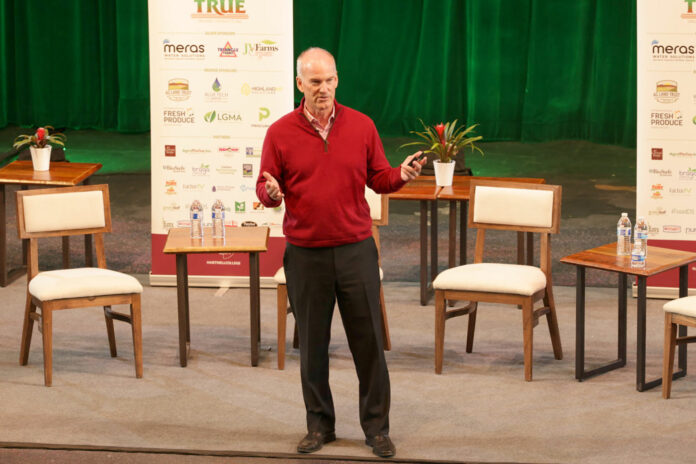
SALINAS VALLEY — Nearly 400 people with a professional stake in the safety of fresh fruits and vegetables consumed worldwide gathered at Hartnell College on May 4-5 for the 17th Annual Western Food Safety Conference.
The conference, held on Hartnell’s Main Campus in Salinas as in years past, focused on “The Culture of Food Safety” through intensive dialogue and education concerning how to keep consumers safe and maintain their confidence.
Speakers and panelists included experts in water quality, data science, sustainable agriculture and state and federal regulation.
The May 4 keynote speaker was Bruce Taylor, chairman and CEO of Salinas-based Taylor Farms, who challenged his listeners to aggressively seek out food-safety weak spots throughout their operations rather than responding after a problem has reached consumers.
“Food safety is tough,” Taylor told the audience in the Mainstage Theater. “You’re going to walk by a lot of lettuce; you’re going to throw out a truckload of whatever, but the benefit is, if you deal with a problem, the problem’s gone. If you don’t deal with the problem, it’s going to catch up with you.”
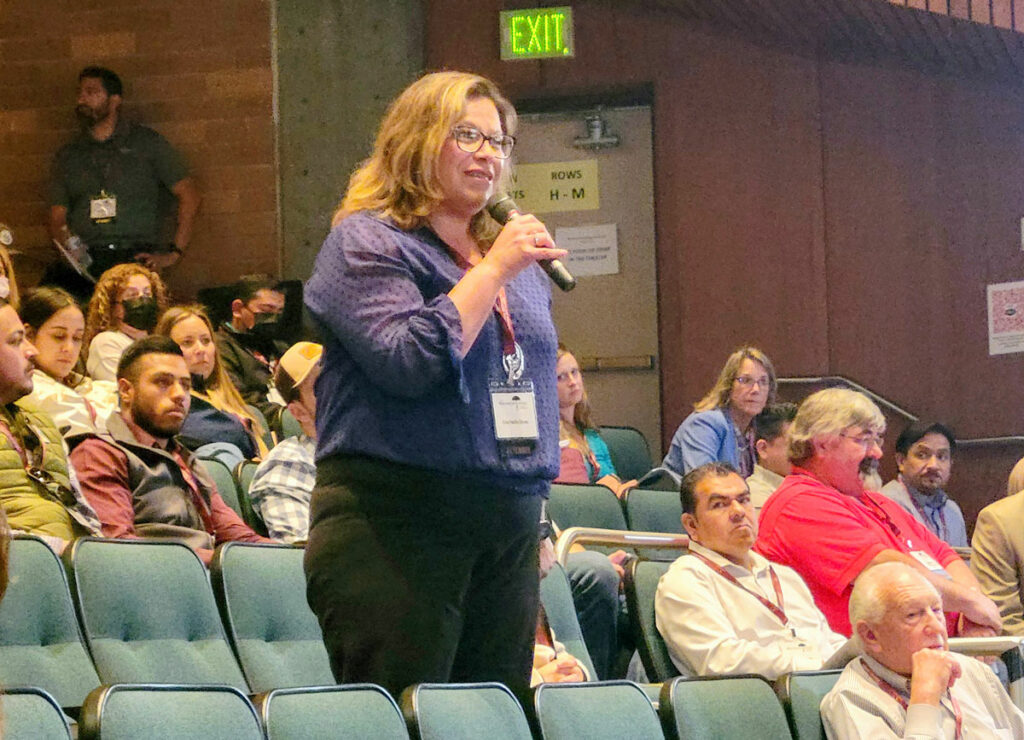
The conference returned to an in-person format for the first time in three years, with a live Zoom broadcast as well. Registration fees and sponsors’ support helped raise $15,000 for scholarships to Hartnell agricultural students, adding to more than $100,000 previously shared as a result of the conference.
“Thank you to all of you for your commitment to food safety and for supporting the continued vitality of the agricultural industry in the Salinas Valley and beyond,” said Steven Crow, Hartnell’s interim superintendent/president, during his morning welcome on May 4.
Cathryn Wilkinson, vice president of academic affairs, added her thanks to participants on May 5, encouraging them to continue growing the college’s vital partnerships with the agriculture industry, which she called “so essential to our country, and really to our existence.”
Attendees also heard from Hartnell student Sam Just, who offered a brief overview of such college initiatives as a new $1.3 million manufacturing-robotics lab, a plant science associate degree that transfers seamlessly to California State University and University of California programs, and expansion of internship opportunities for students in all aspects of agriculture.
Just, who attended Salinas High School, is a leader in Hartnell’s student Ag Ambassador program. He will graduate this month with a degrees in plant science and agriculture production and continue his studies at California Polytechnic State University, San Luis Obispo.
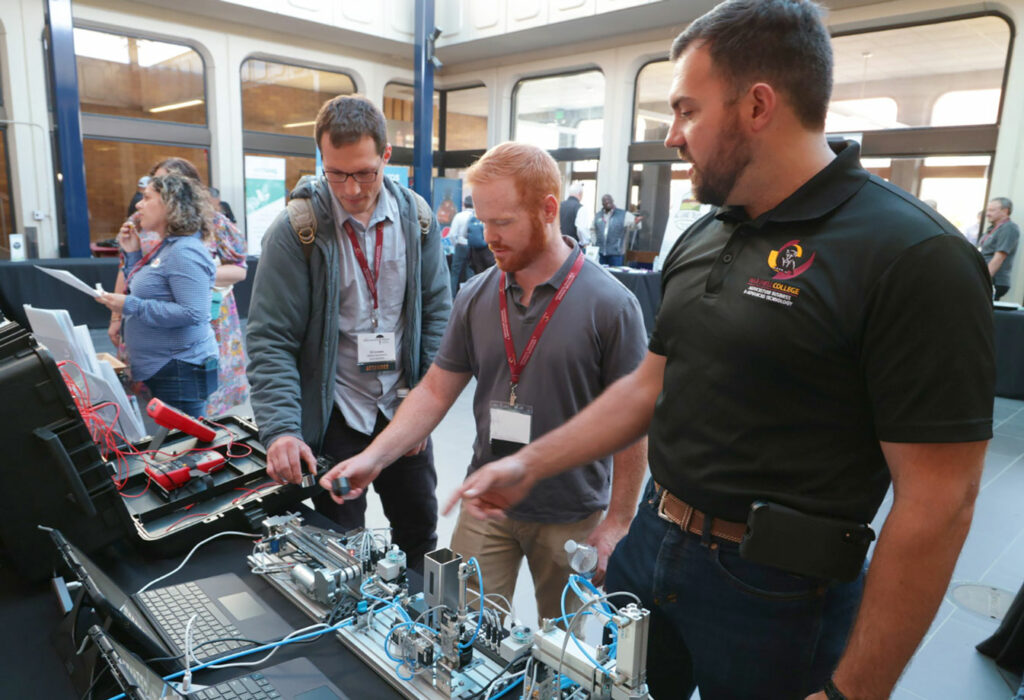
At the conclusion of the conference, Clint Cowden, dean of career technical education and workforce development, added his own thanks to attendees and speakers who came to discuss food safety and “how we can truly produce the safest leafy greens and berries in the world.”
On May 4, Hartnell Governing Board President Erica Padilla-Chavez engaged keynote speaker Taylor with a question about what advice he would give to instructors and students in agriculture-related programs during an era of accelerating change.
Taylor said he expects employees to not only be subject-matter experts, such as in food safety, but also to have enough broad knowledge about agriculture to potentially contribute in all areas of the company.
He specifically praised Hartnell’s engineering program and its partnership with Cal State Monterey Bay, which allows agriculture students to complete a variety of bachelor’s degrees without leaving the area.
Taylor Farms in 2019 contributed $1.1 million to Hartnell, which is being used to establish degree pathways and enhance career readiness for students pursuing engineering and engineering technology.
“I have nothing but admiration and good wishes for the good work you’re doing here,” Taylor said.
Article submitted by Scott Faust, Communications Director for Hartnell College.


